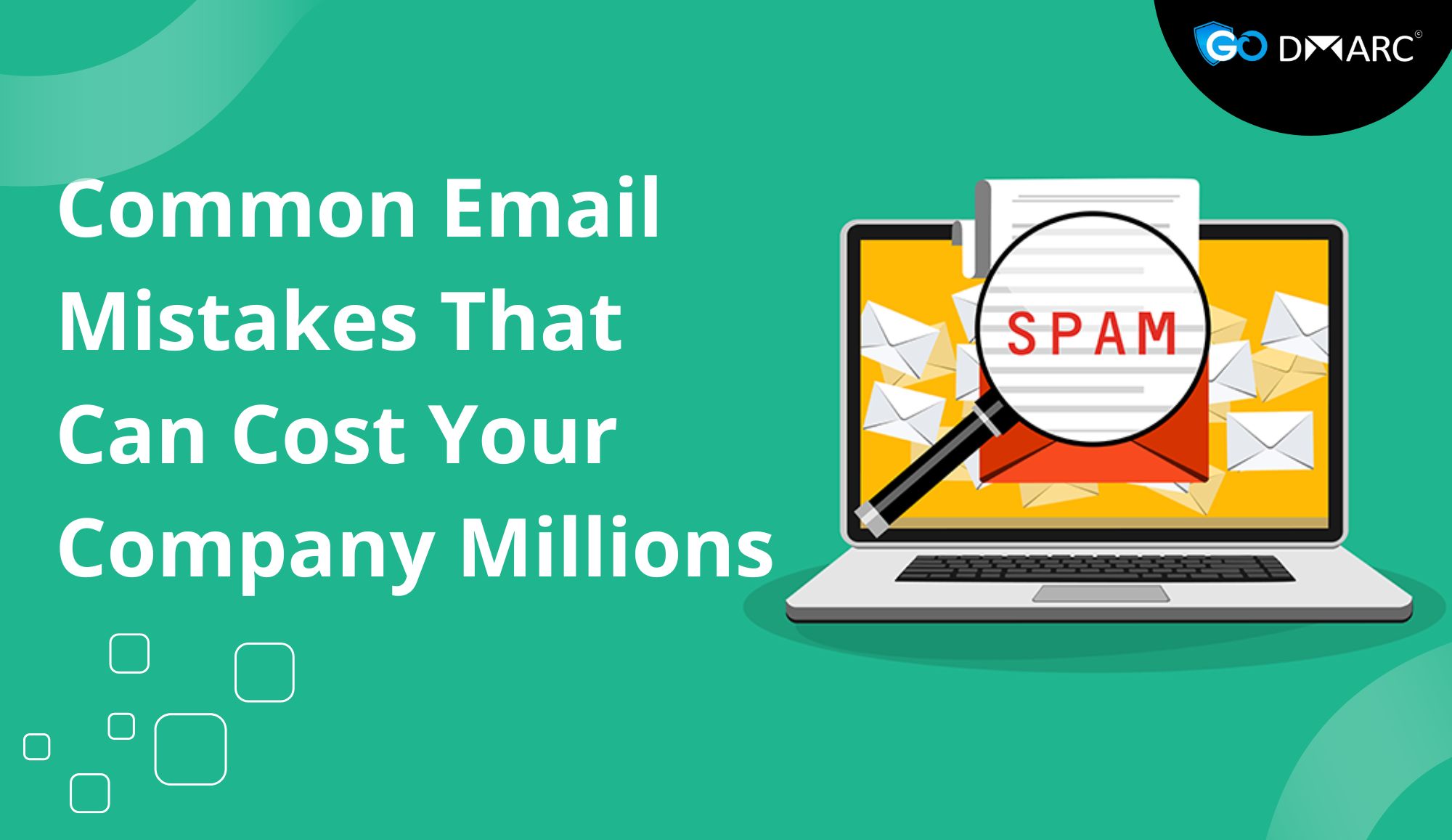In the ever-evolving landscape of email security, organizations need robust solutions to protect their email infrastructure and ensure the authenticity of their communications. DMARC (Domain-based Message Authentication, Reporting, and Conformance) has emerged as a valuable protocol for email authentication and protection against spoofing and phishing attacks.
In this blog post, we will delve into the powerful IP Threat Intelligence & Tagging feature offered by GoDMARC, a leading DMARC service provider. We will explore how this feature enhances email security by leveraging SPF, DKIM, and BIMI records.
What is DMARC and its Importance?
DMARC is an email authentication protocol that enables domain owners to specify how email receivers should handle emails that fail authentication checks. It adds an additional layer of protection to the widely used SPF (Sender Policy Framework) and DKIM (DomainKeys Identified Mail) protocols. By implementing DMARC, organizations can protect their brand reputation, improve email deliverability, and prevent malicious actors from impersonating their domain.
The Role of IP Threat Intelligence & Tagging
GoDMARC’s IP Threat Intelligence & Tagging feature enhances the effectiveness of DMARC by providing valuable insights into email traffic and tagging suspicious IP addresses. Let’s explore the key components of this feature:
SPF Check and SPF Record Checker
Sender Policy Framework (SPF) is a DNS-based authentication method that allows domain owners to specify which IP addresses are authorized to send emails on their behalf. GoDMARC’s IP Threat Intelligence & Tagging feature performs SPF checks to verify if the sending IP address is authorized by the domain’s SPF record. It also includes an SPF Record Checker that enables organizations to validate and troubleshoot their SPF configurations, ensuring proper email authentication and reinforcing email security.
DKIM Lookup and DKIM Office 365
Domain Keys Identified Mail (DKIM) adds an encrypted signature to outgoing emails, allowing the receiving server to verify the email’s authenticity. The IP Threat Intelligence & Tagging feature includes DKIM Lookup, which validates the DKIM signature and ensures proper configuration. Additionally, GoDMARC supports DKIM Office 365, enabling organizations using Microsoft Office 365 to seamlessly implement DKIM authentication for their email communications. This feature is crucial for maintaining high levels of email security.
BIMI Record and BIMI Record Checker
Brand Indicators for Message Identification (BIMI) is a new standard that allows organizations to display their brand logo in the email clients of their recipients. GoDMARC’s IP Threat Intelligence & Tagging feature includes BIMI Record, which helps organizations configure and publish their BIMI records correctly. The BIMI Record Checker ensures that the BIMI record is properly set up, enhancing brand recognition and email authenticity. This plays a vital role in email security by increasing trust in legitimate communications.
Benefits of GoDMARC’s IP Threat Intelligence & Tagging
Enhanced Email Security
By performing SPF checks, DKIM verification, and BIMI record validation, organizations can ensure that only authorized IP addresses and domains are sending emails on their behalf. This significantly reduces the risk of spoofing and phishing attacks, enhancing overall email security.
Improved Deliverability
Proper implementation of DMARC, SPF, DKIM, and BIMI records positively impacts email deliverability. ISPs and email receivers recognize authenticated emails, increasing the chances of legitimate emails reaching the recipients’ inboxes. Strengthening email security through authentication improves trust in email communications.
Brand Protection
GoDMARC’s IP Threat Intelligence & Tagging feature helps organizations protect their brand reputation by identifying and tagging suspicious IP addresses. This allows organizations to take proactive measures against email abuse and maintain the integrity of their brand. Ensuring strong email security helps mitigate risks associated with brand impersonation and email fraud.
Simplified Configuration
The SPF Record Checker, DKIM Office 365, and BIMI Record Checker provided by GoDMARC simplify the configuration process and ensure that organizations have correctly implemented SPF, DKIM, and BIMI records. This reduces the chances of misconfigurations and enables organizations to leverage the full potential of email authentication protocols. By making email security easier to manage, businesses can safeguard their communications more effectively.
Conclusion
GoDMARC’s IP Threat Intelligence & Tagging feature offers organizations a comprehensive solution to enhance email security and protect their brand reputation. By performing SPF checks, DKIM verification, and BIMI record validation, organizations can ensure the authenticity of their email communications and prevent malicious actors from impersonating their domain. Implementing DMARC, along with the robust capabilities of GoDMARC’s IP Threat Intelligence & Tagging, provides organizations with a powerful defense against spoofing and phishing attacks, ultimately leading to improved email deliverability and strengthened brand trust.
By prioritizing email security, organizations can safeguard their communications, maintain brand integrity, and build trust with their recipients.




